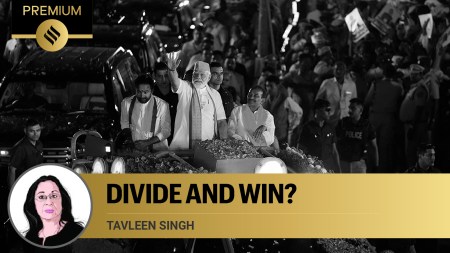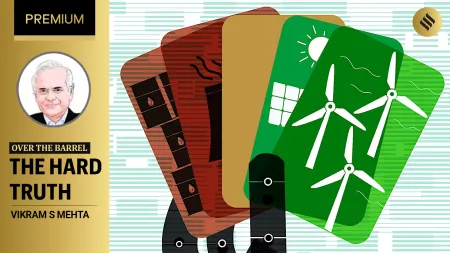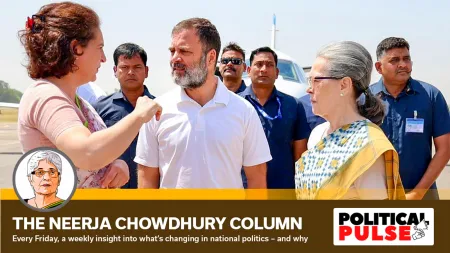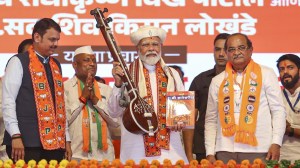- India
- International
Kerala joins e-comm tax evasion chorus
Currently e-commerce firms host 3rd party merchants on their websites and customers buy goods from them.
 Under the current norms, dealers or third-party merchants are required to pay VAT on all transactions.
Under the current norms, dealers or third-party merchants are required to pay VAT on all transactions.
The list of states cracking the whip on e-commerce firms is getting longer as the year draws to a close, with Kerala now joining others such as Maharashtra, Karnataka and Tamil Nadu that have moved in to close the tax loopholes arising out of the marketplace model used by most players operating in India’s $11 billion e-commerce market.
“The flourishing online trade in goods is eroding the tax revenue of an industrially weak state like ours. Online traders establish warehouses in our metros and take orders through the Internet from all over the country and make interstate retail sales. The major taxable items includes clothes, footwear and consumer electronics etc,” Kerala’s finance minister KM Mani said at Friday’s pre-budget meeting convened by Union finance minister here.
These products, he said, are normally taxable at 5 per cent in all states. “Hence, to conserve the revenue and to encourage these online traders to bill from the concerned States from where they get orders, it is suggested that the tax rate on interstate sale made to unregistered dealers may be amended from the present rate (the relevant value added tax rate prevailing in the selling State), to 14.5 per cent (the Revenue Neutral Rate of VAT in most states),” he said at the meeting.
Currently, under the marketplace model, instead of owning products put up for sale, e-commerce firms host third-party merchants on their websites and customers buy goods on the sites from these merchants.Under the current norms, dealers or third-party merchants are required to pay VAT on all transactions.
Earlier this month, Maharashtra’s revenue department initiated action against tele-shopping platform Naaptol.com — promoted by Naaptol Online Shopping Pvt Ltd — and ordered a freeze on multiple bank accounts of the company to recover VAT on the sale of third-partygoods. Naaptol, on December 16, filed an appeal in the Bombay high court seeking a lifting of the freeze on the company’s bank accounts, claiming that it was not liable to pay VAT as it was not a dealer “under either of the Acts, namely Maharashtra Value Added Tax Act,2002 and the Central Sales Tax Act, 1956”.

Naaptol was reportedly paying service tax on the commission it charged the vendors operating on its platform, even as the VAT was being paid by the vendor on the full amount of sale that takes place via Naaptol.com. Earlier this year, Amazon.com’s India unit came under tax scrutiny in Karnataka, where the state government stopped it from selling electronics and some other products from its warehouse in the state by cancelling the licences of many of Amazon’s third-party merchants.
Earlier, in October, Tamil Nadu had launched a crackdown on e-commerce firms on the marketplaces after the state’s commercial taxes department issued a communication cautioning businesses about the “repercussions of indulging in unfair trade practices” that include certain dealers involved in online trading not declaring the turnover on online sales and thereby not paying VAT due to the government on sales effected through e-commerce portals.
The action came in a year in which e-commerce witnessed a boom in India, with online retailers such as Flipkart and Snapdeal raising millions of dollars in funds from investors. A November report by Motilal Oswal Securities Ltd projected India’s $11 billion e-commerce market to grow to $20 billion by 2015.The tax laws of most states do not make a specific mention of e-commerce in their tax laws as these predate the online retail boom.
May 08: Latest News
- 01
- 02
- 03
- 04
- 05





































